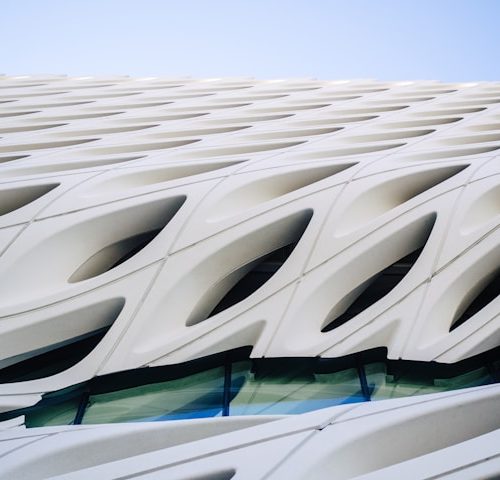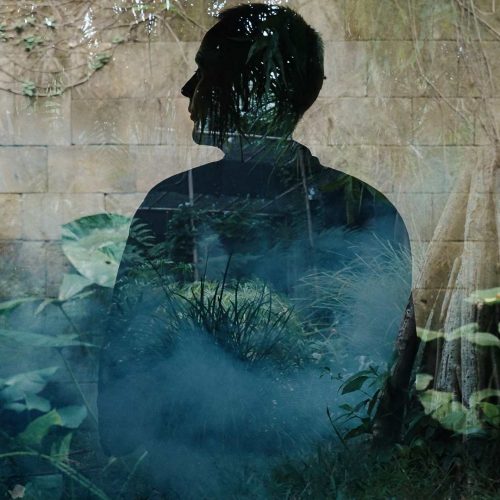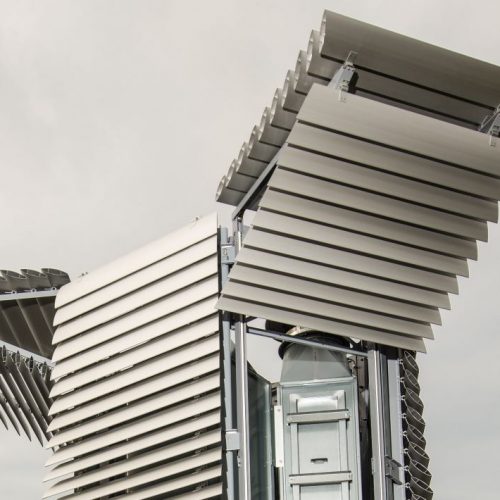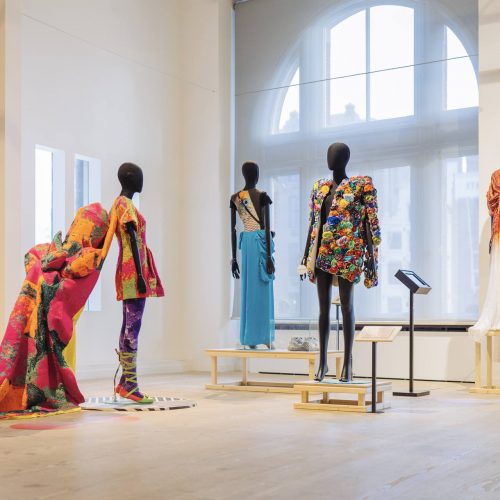Argot Studio | Combining Craftsmanship With Alternative Materials
“I am endeavouring to bring some joy into a person's space whilst making sure that doesn't come at too much of a cost to us all later.”—Eimear Ryan from Argot Studio
To receive the Luxiders Newsletter, sign up here.
Irish designer Eimear Ryan founded Argot Studio in 2018. The creative design studio, based in Paris, combines craftsmanship interwoven with the development of alternative materials and technological application. This is the result of a symbiotic generational process, as Ryan grew up watching her father work on oak pieces by hand, and is now juxtaposed by today’s context where resourcefulness and technology sit at designers’ fingertips.
Wavy silhouettes, pastel colours and textures bespeak the hybridity of Ryan’s work, while a seductive minimalism in soft, almost translucent, tones soothes the infusion of tech-printed elements. Argot Studio’s exploration of aesthetics and spaces avoids shipping resources over long distances and instead employs 3D printing on recycled plastic bottles, seashells and seaweed, among other things.
ALTERNATIVE MATERIALS
At the moment, Ryan is focused on applying the use of biomaterials that are usually only available to architects and designers to her work. Materials such as mushroom wood, fish scales and Valchromat—a resilient, waterproof material made from forest floor waste that is compressed using zero toxins—are some of the elements composing her latest project, Ten Chairs, that, as its name suggests, is a collection of chairs that will be exhibited at the COLLECTIBLE Design Fair this spring in Brussels.
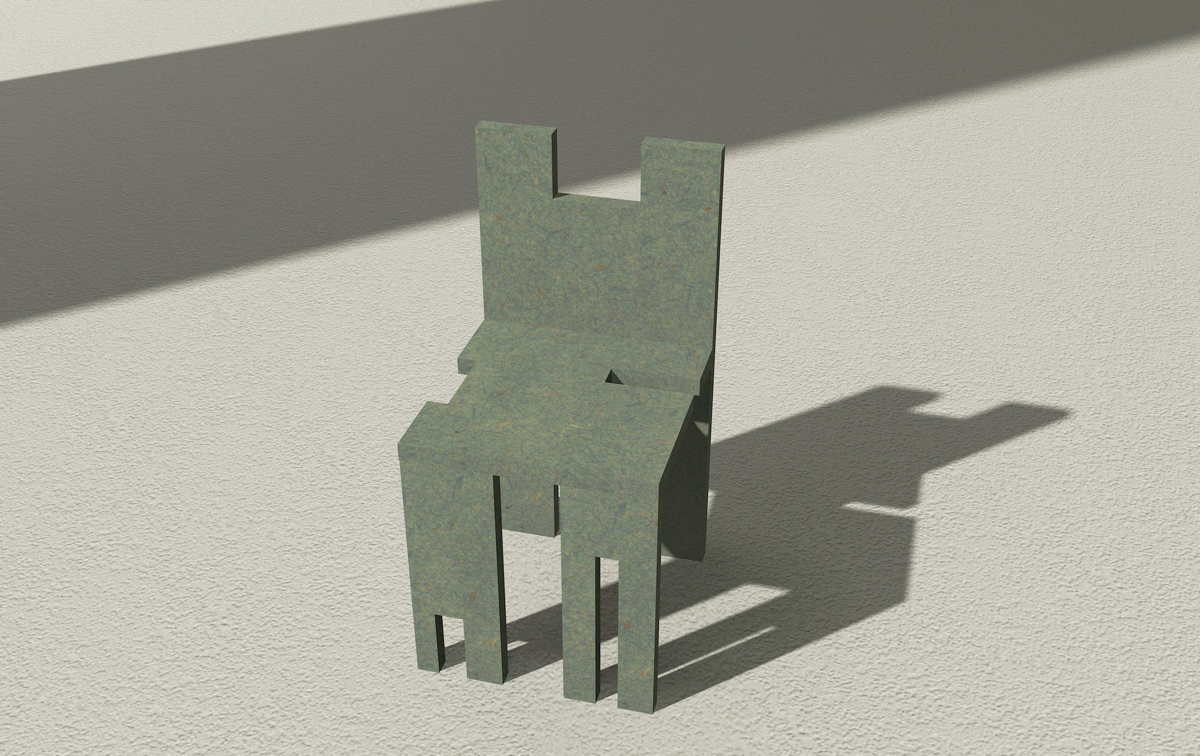
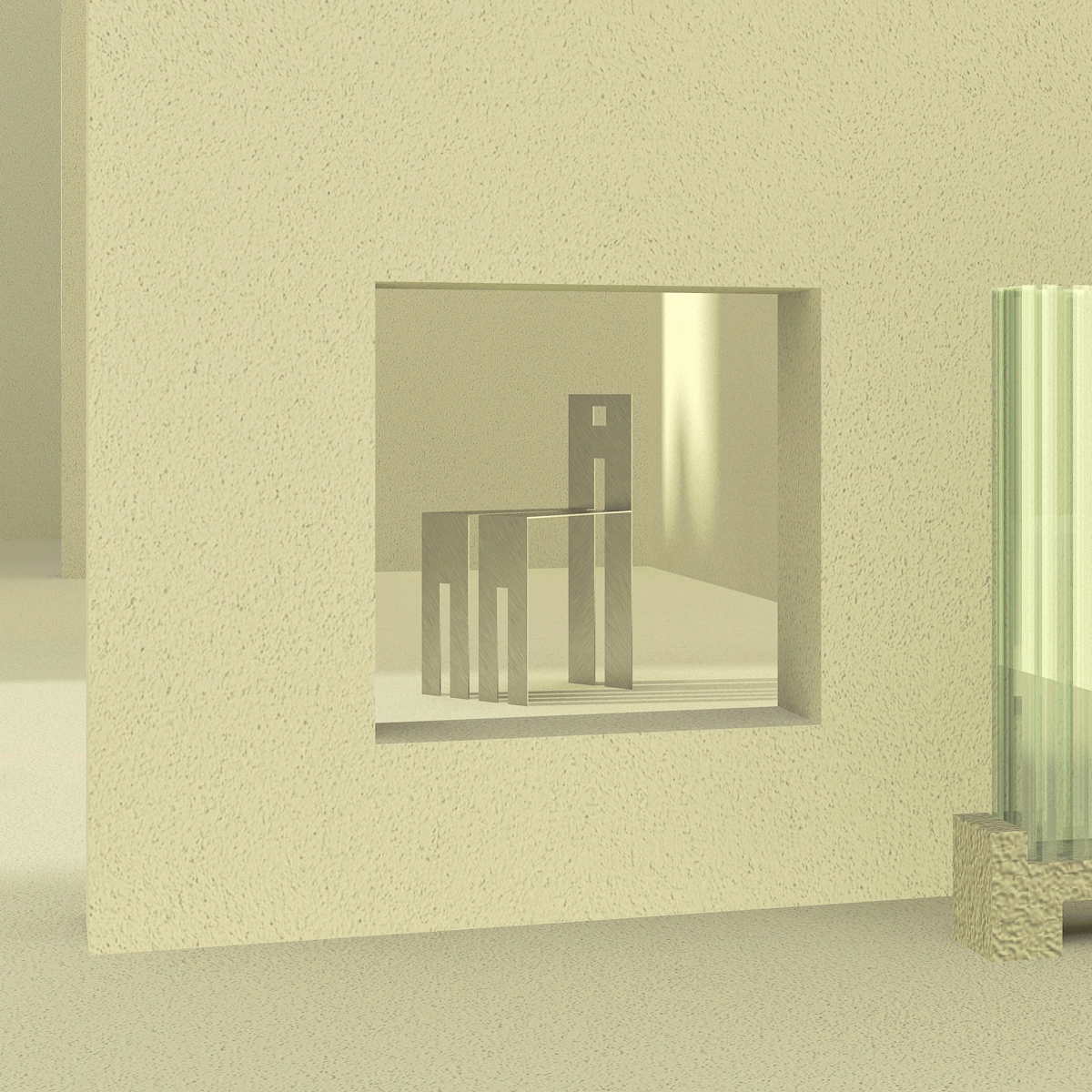
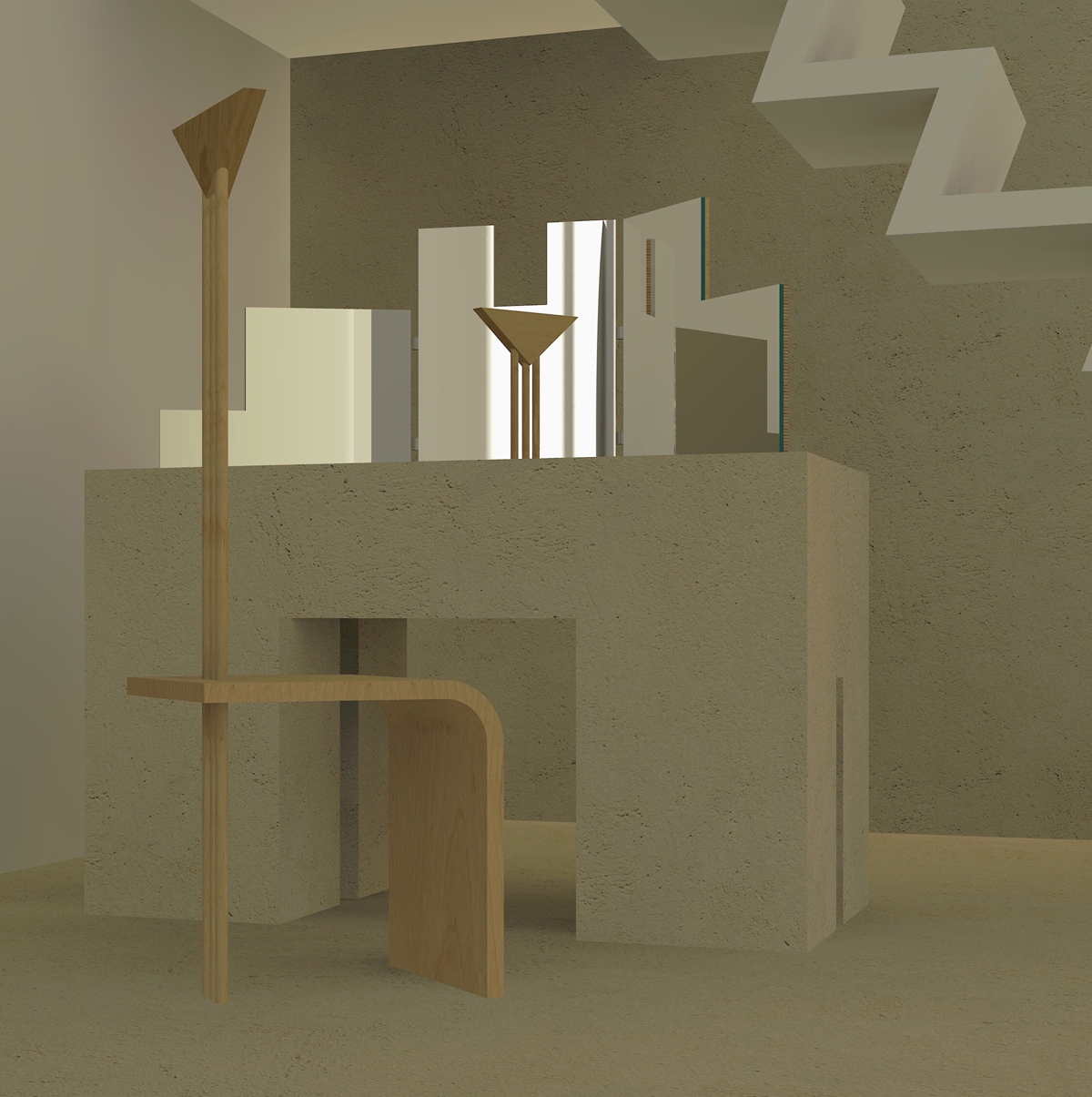
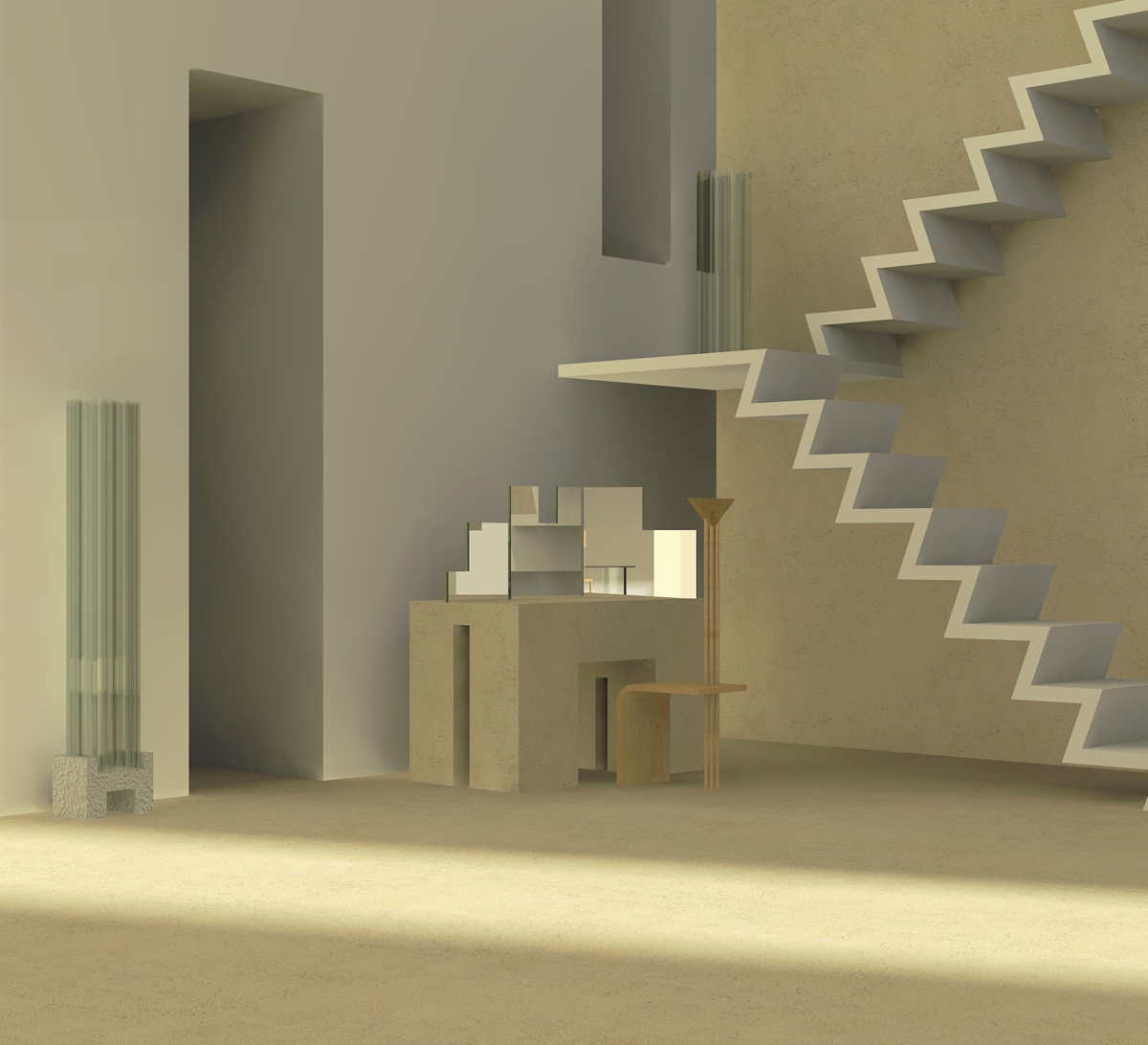
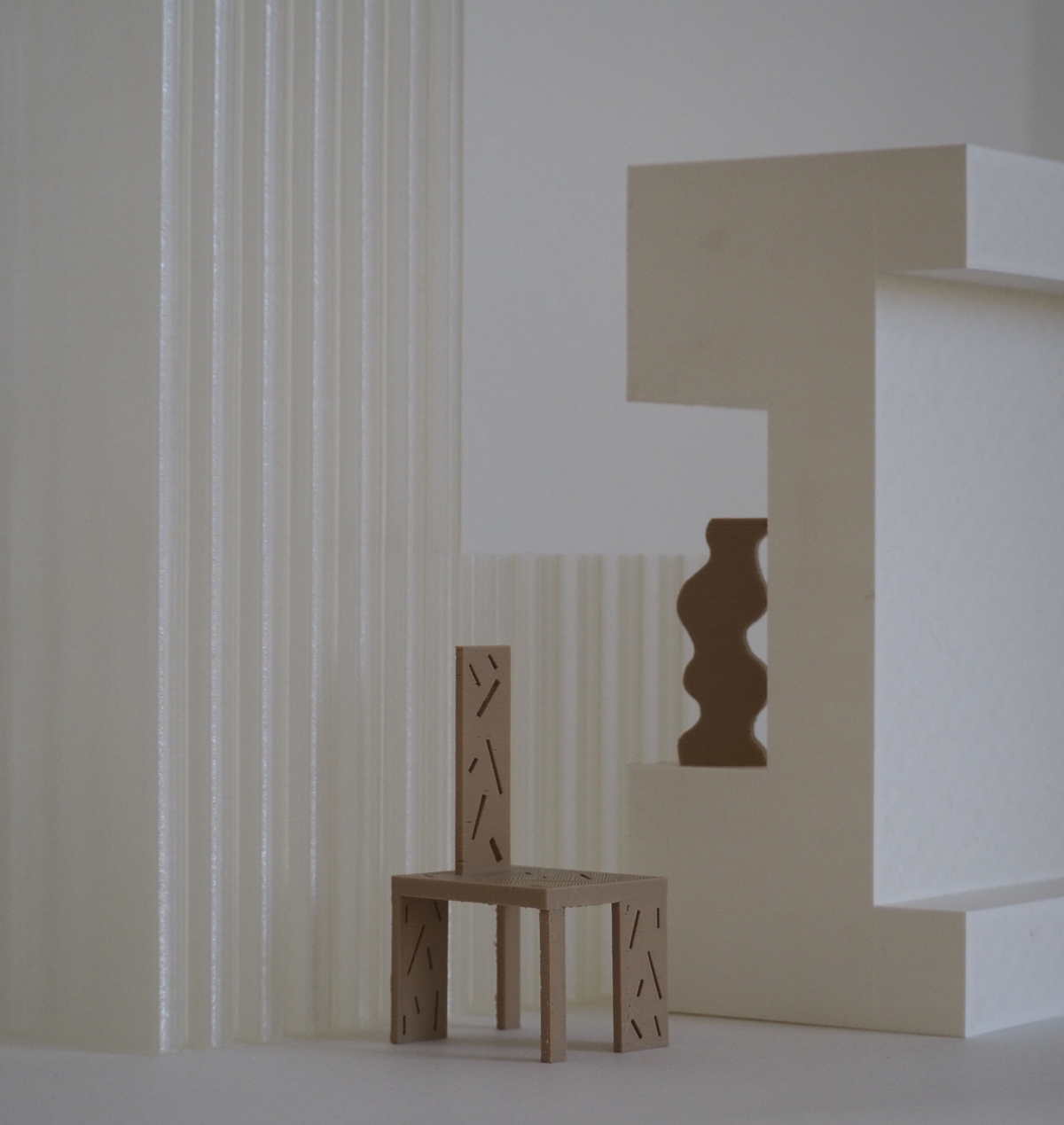
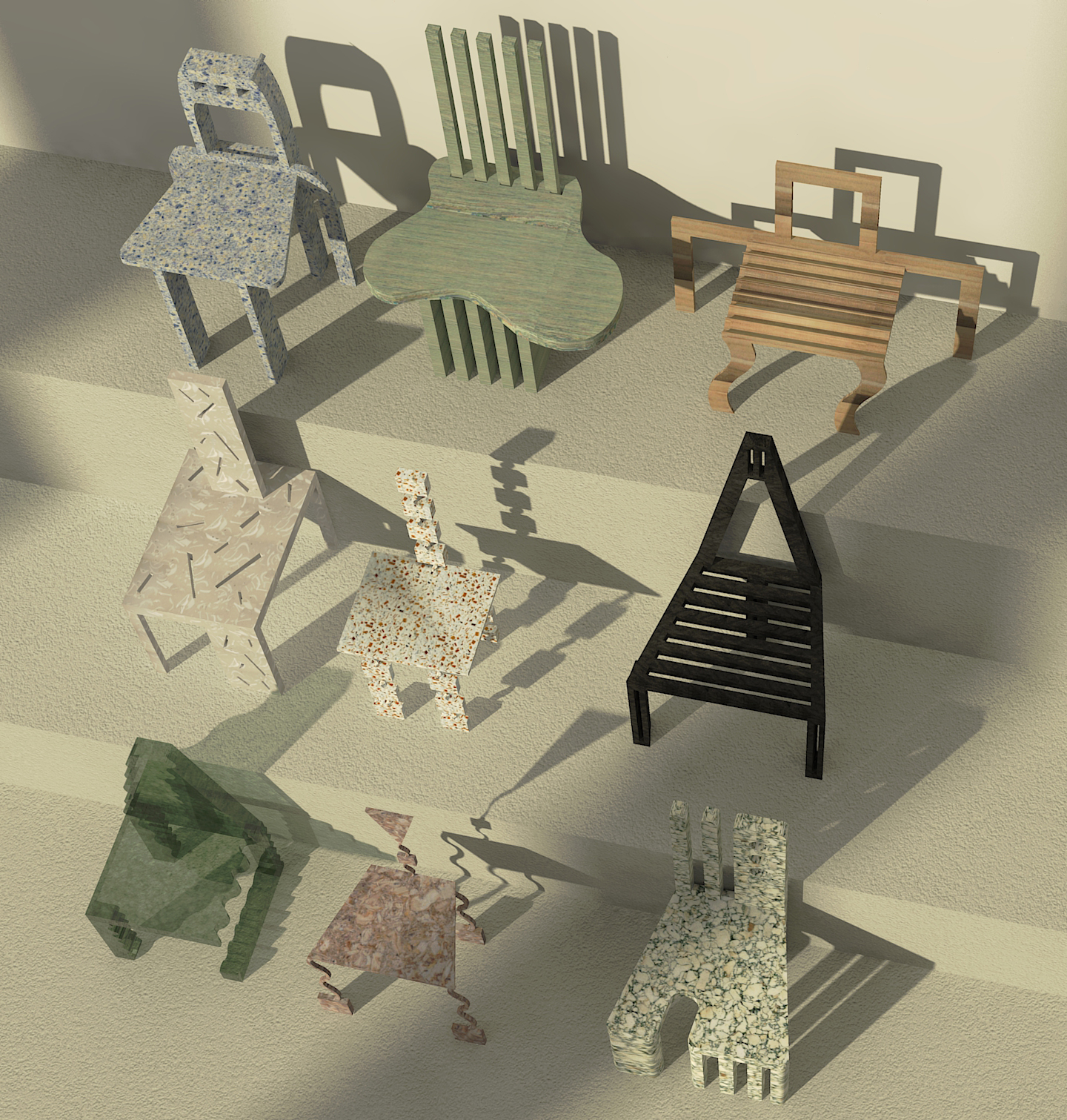
PLAYFUL SHAPES AND ALTERNATIVE MATERIALS
Ten Chairs, as well as many of Ryan’s other projects, highlights her background in scenography, spatial design and art direction, as she creates objects that celebrate every inch of space with playful shapes, organic materials and clear concepts.

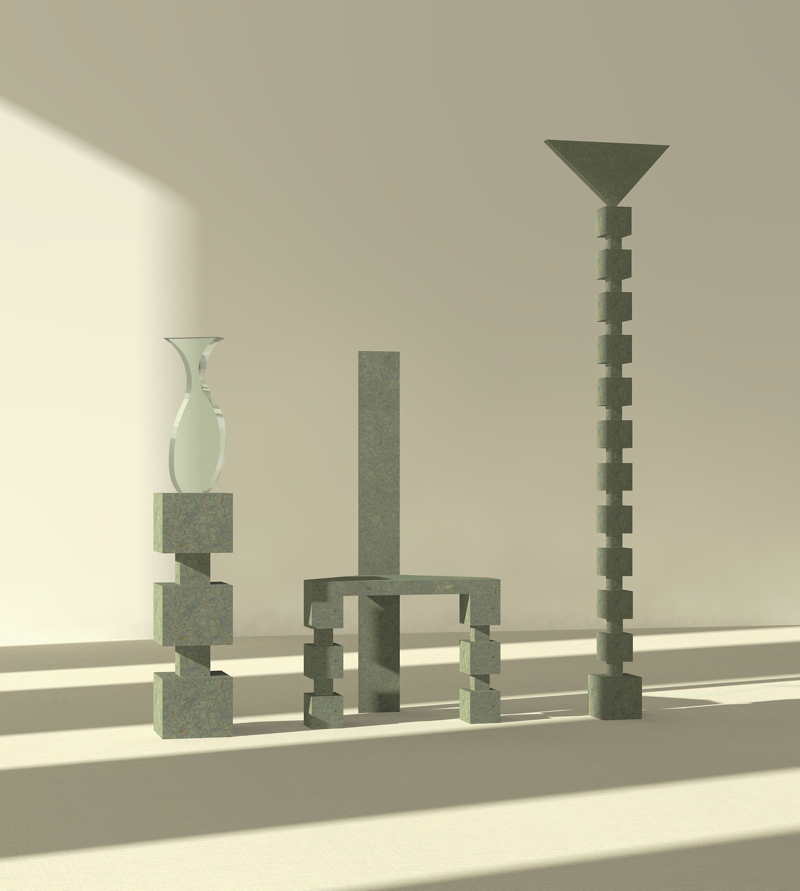
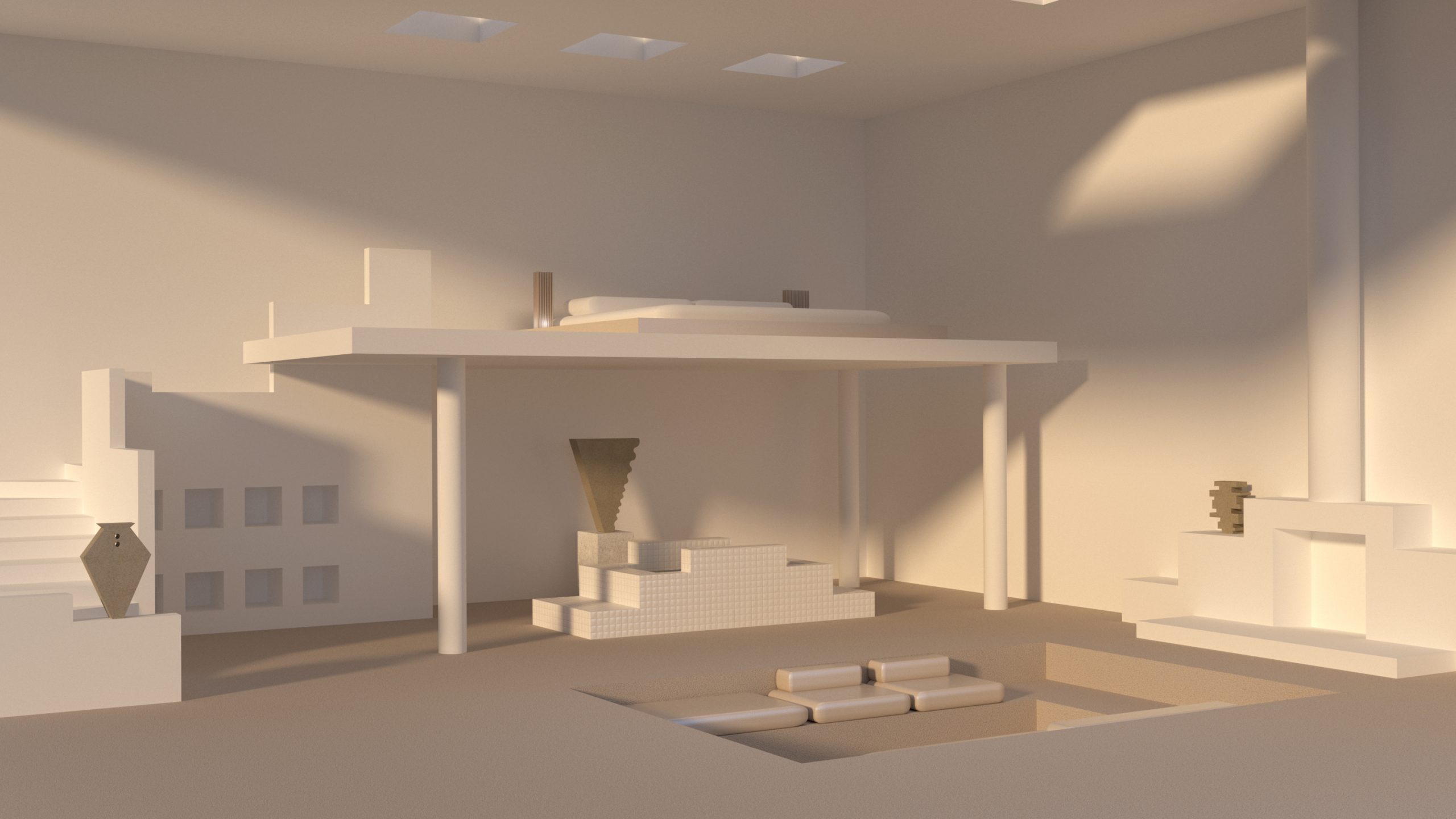
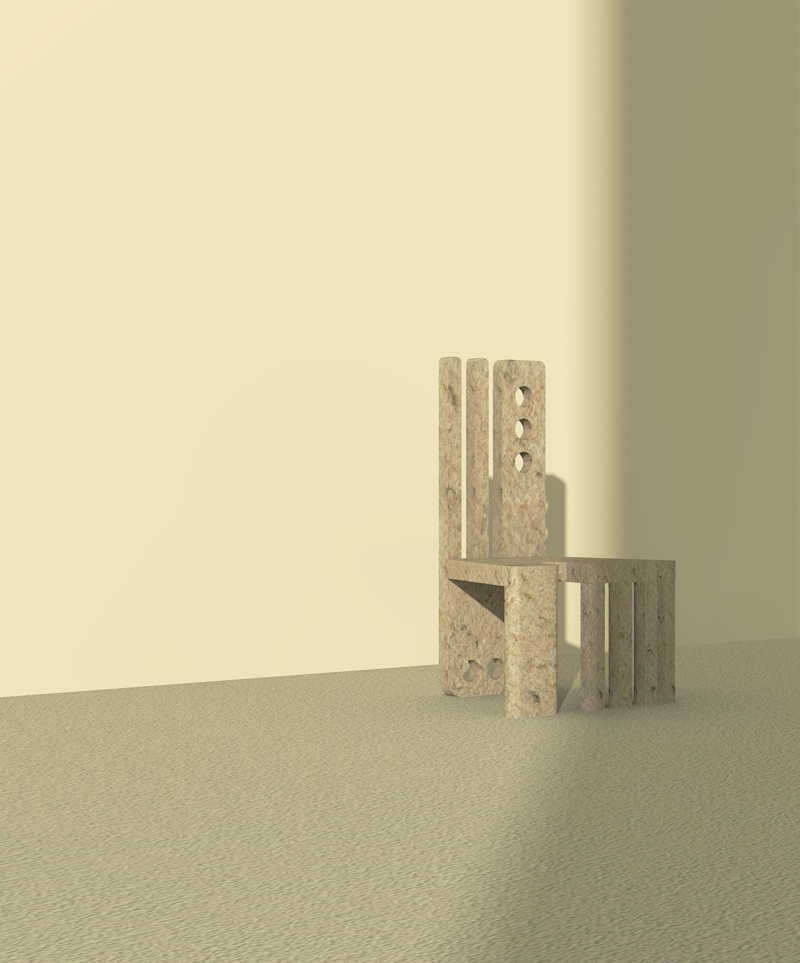
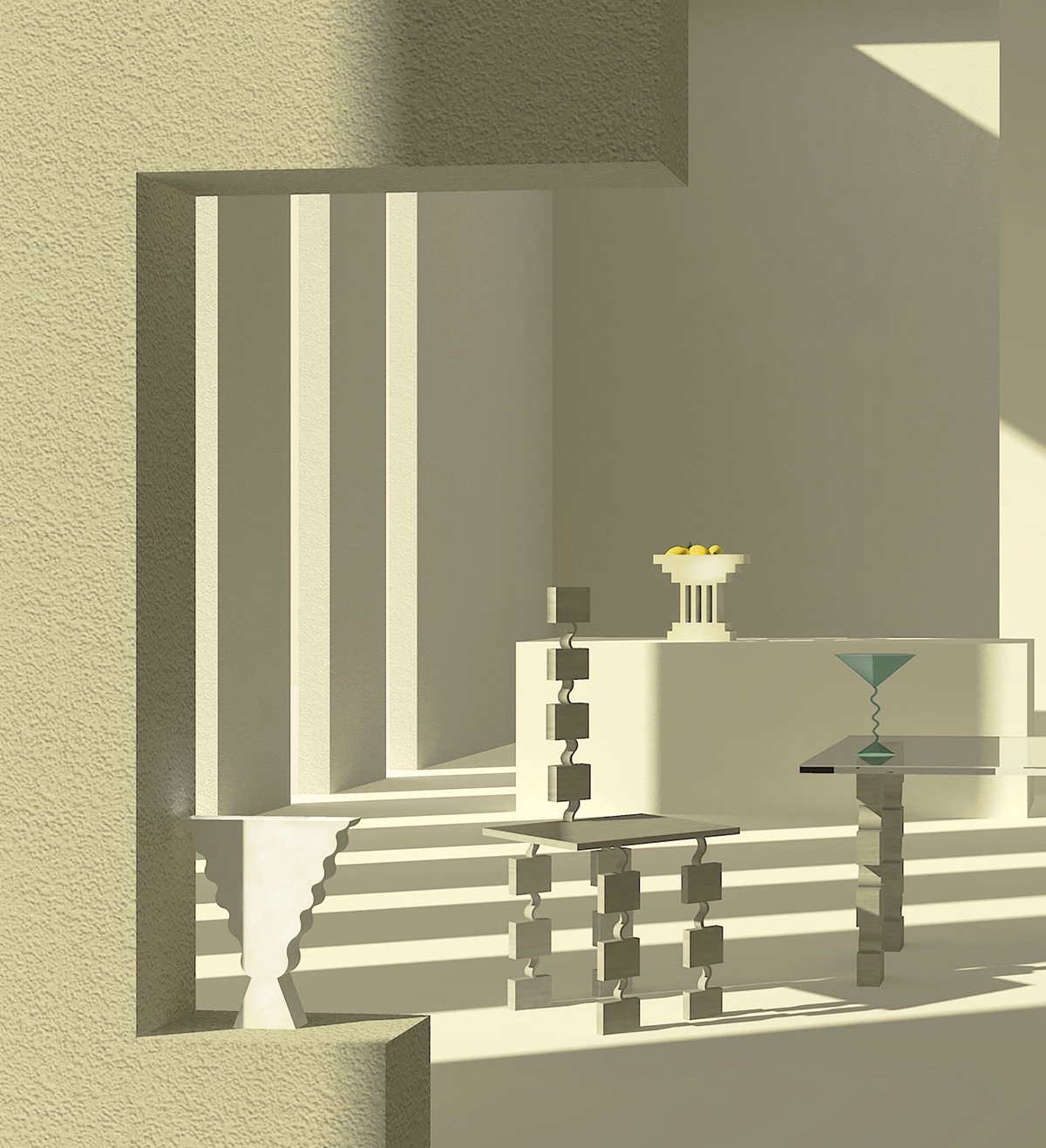
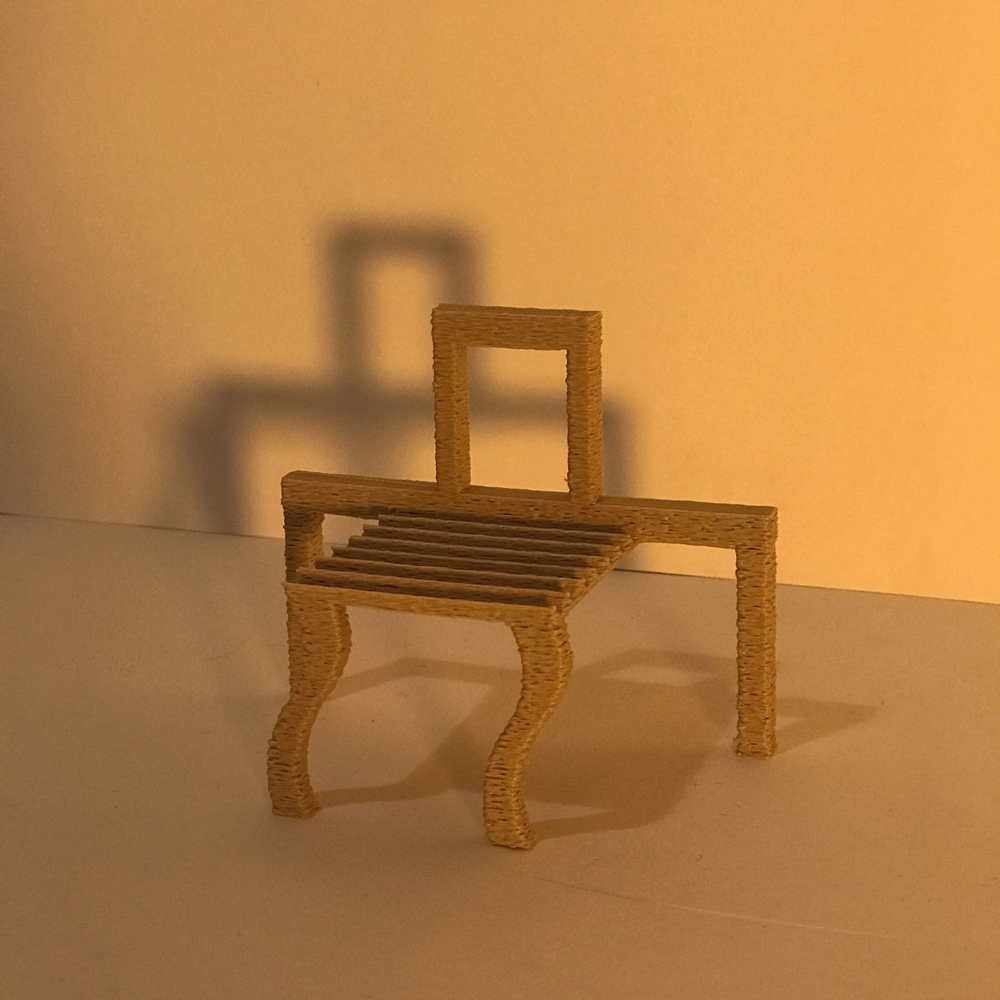
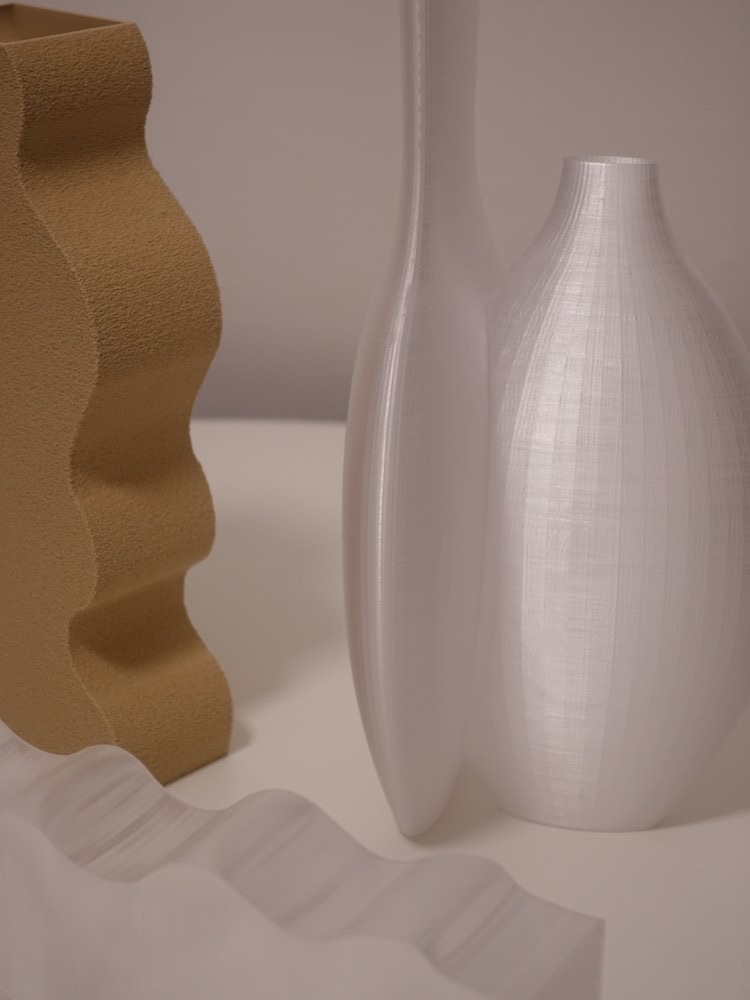
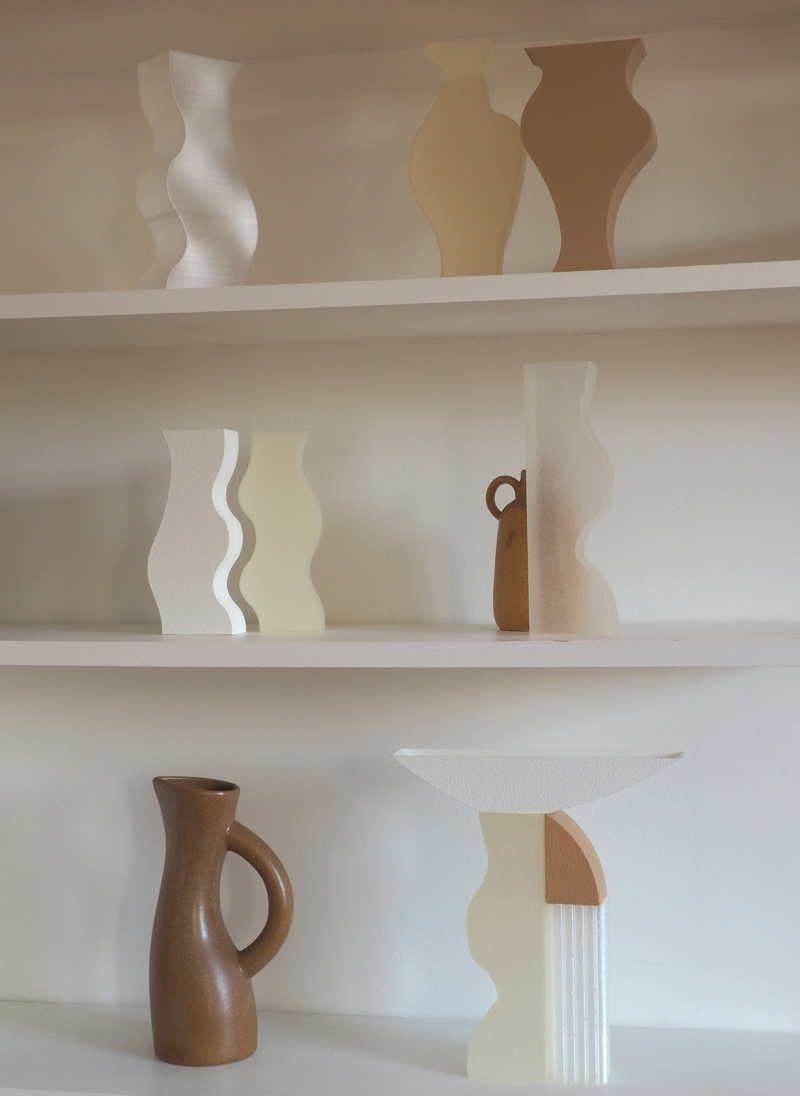
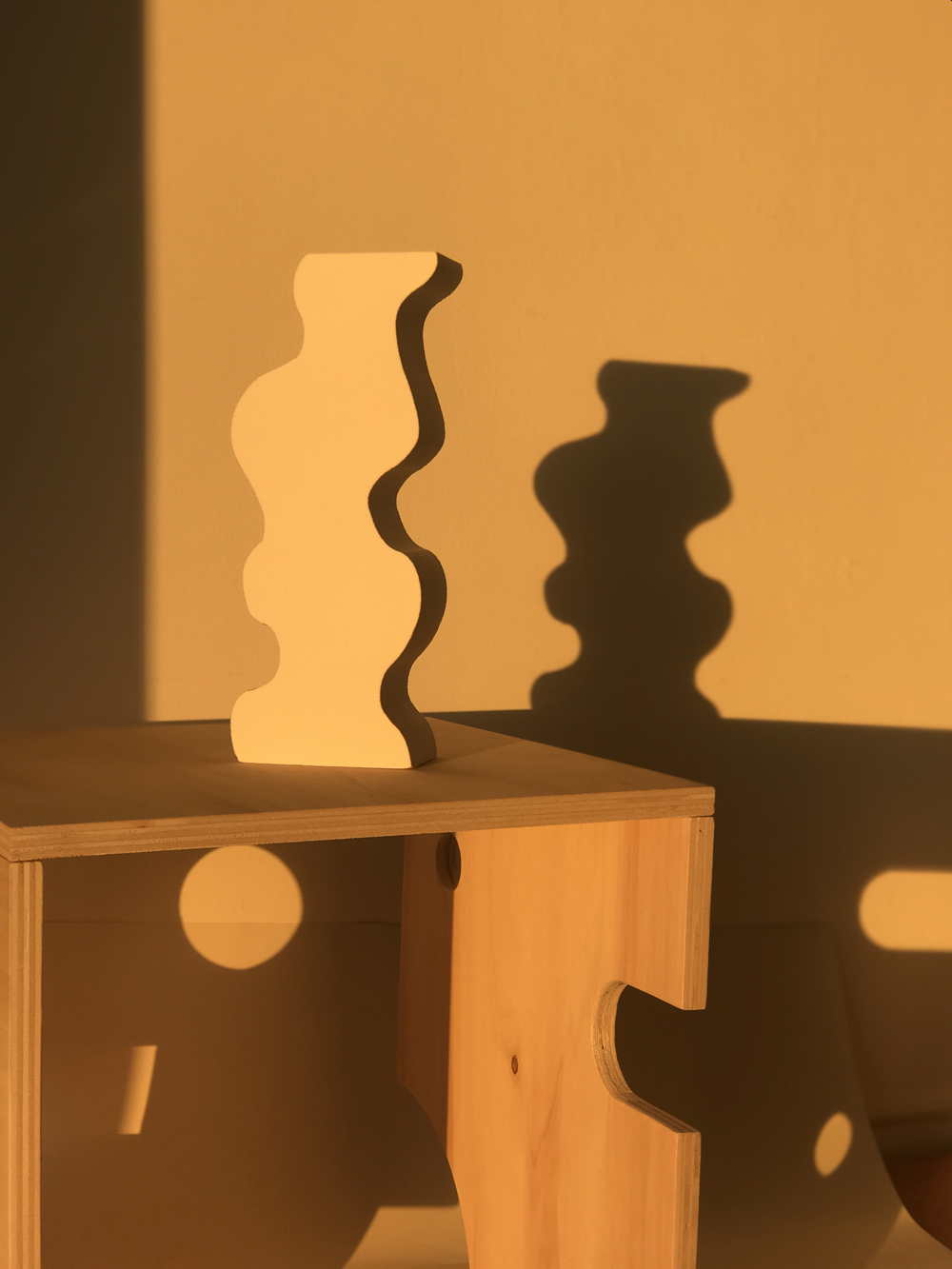
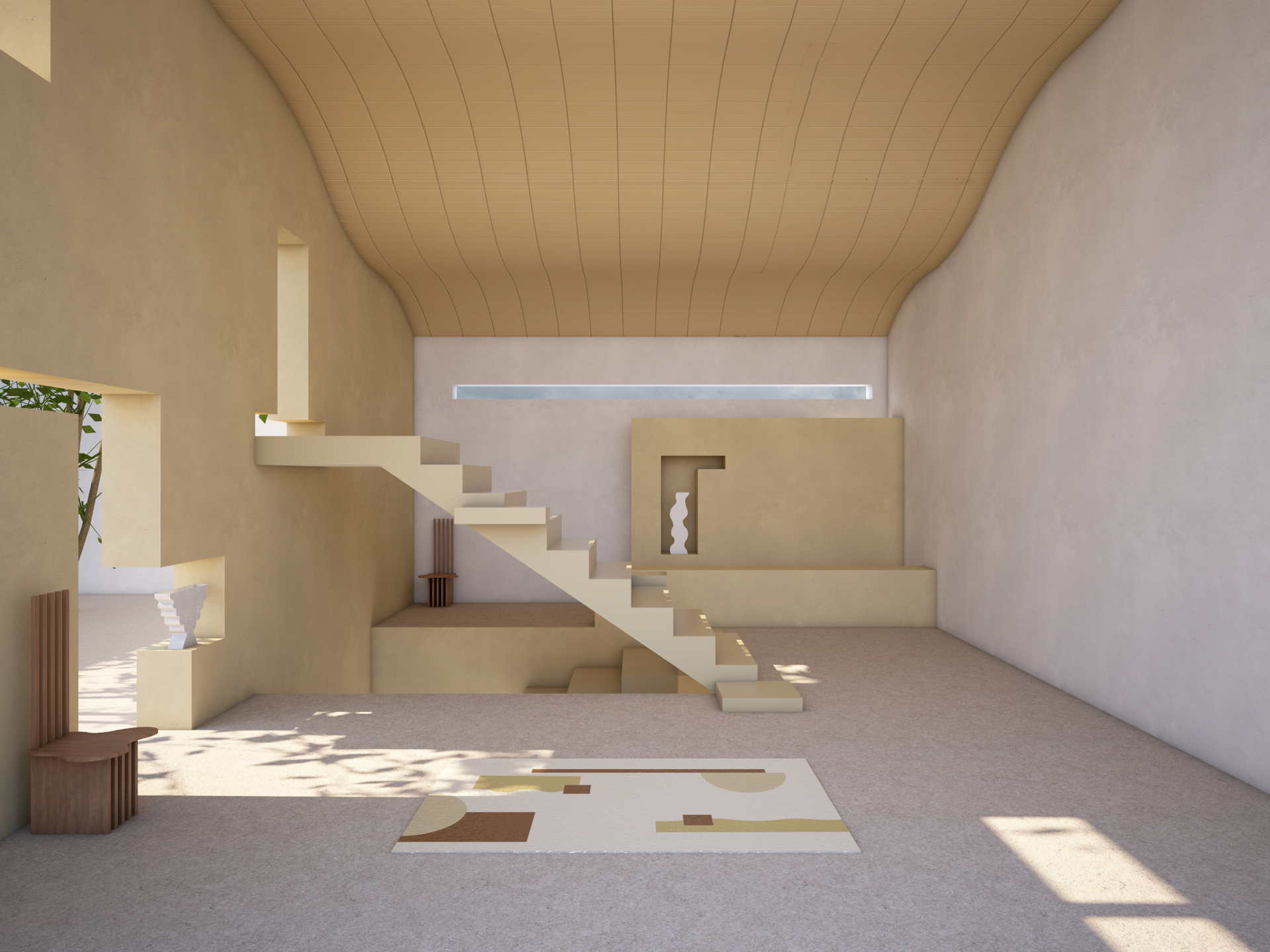
Her project is a manifesto that speaks of contemporary solutions: it aims to increase the value of a designer’s skills by creating custom pieces at a local level using sustainable materials, which counteracts mainstream practices like mass production, which are linked to poorer quality design.
This article was published in
Luxiders Magazine Issue 7.
To buy the Magazine, click here.
+ Words:
Alejandra Espinosa
Luxiders Magazine

